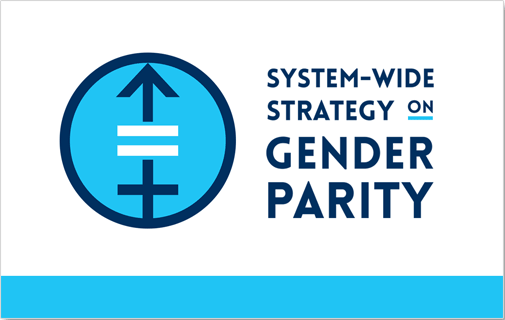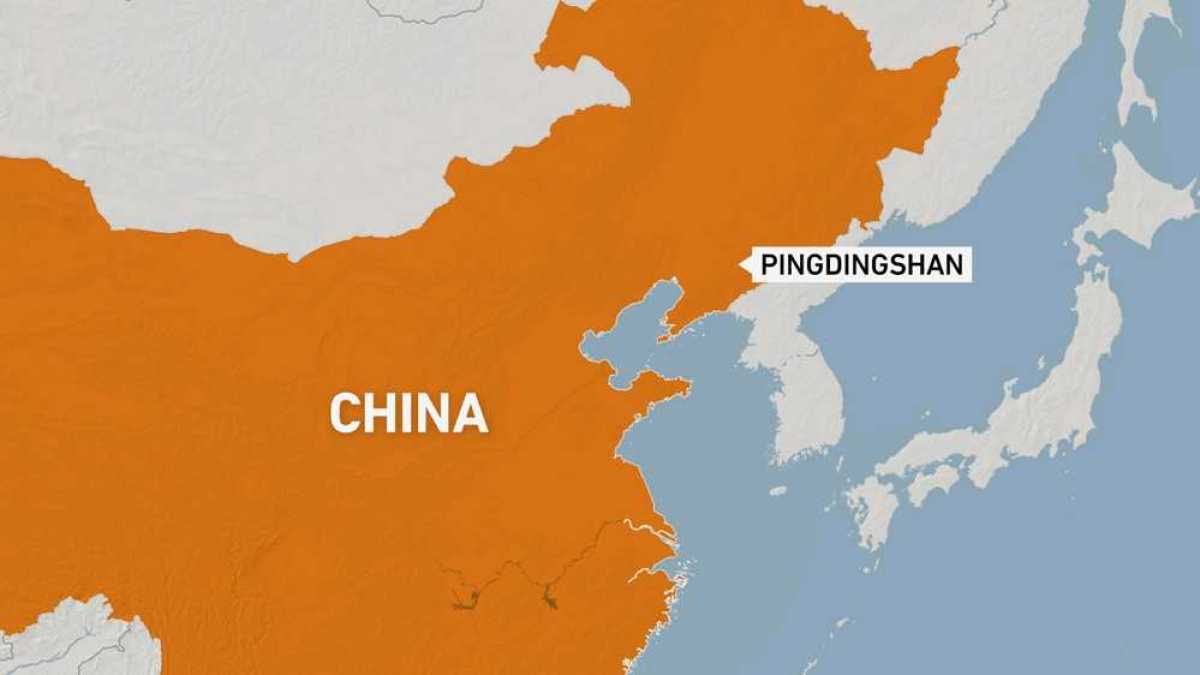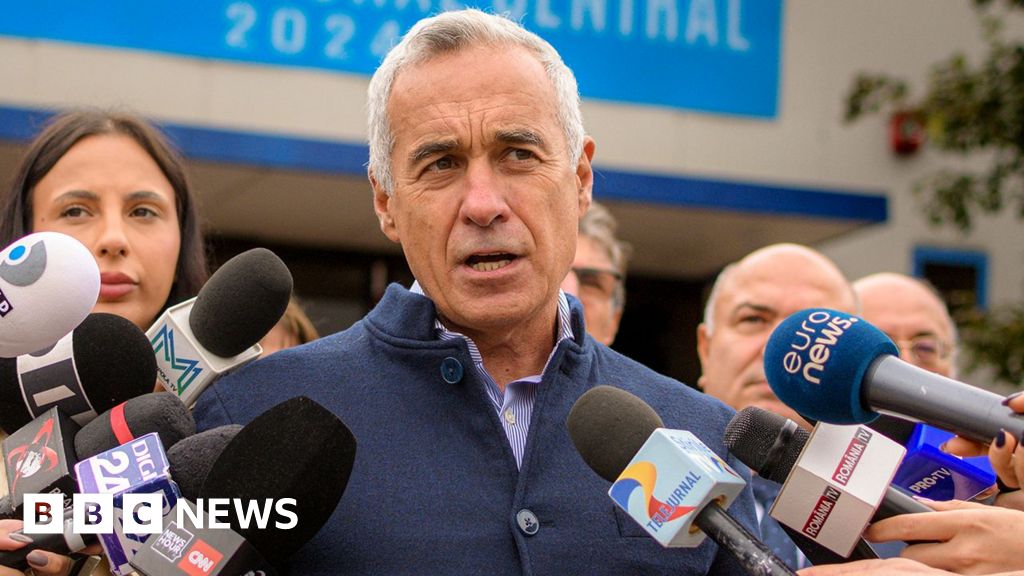UNs High-Level Appointments Should be on Gender Rotation, not Geographical Rotation — Global Issues
UNITED NATIONS, Oct 04 (IPS) – The UN’s high-level appointments have mostly been on the basis of “equitable geographical rotation”—with Asia, Africa, Eastern Europe, Western Europe and Latin America and the Caribbean taking turns.
But a proposal for future appointments and for candidates for elective office-– based on gender rotation—is gaining ground against a world body which is mostly male-oriented even at its highest echelons, with nine all-male Secretaries-General (UNSG) and only 4 women out of 78 presidents of the General Assembly.
In an interview with IPS, Natalie Samarasinghe, Global Director for Advocacy, Open Society Foundations and co-founder of the 1-for-7 Billion campaign “for a more open and inclusive UNSG selection process”, said so-called temporary special measures have proven successful in transforming the landscape for women across sectors, from national politics to company boards and senior UN positions.
But these measures can only go so far, as it is governments who nominate and appoint candidates to posts such as the Secretary-General (SG), President of the General Assembly (PGA) and heads of multiple UN agencies.
She pointed out that decades have shown that warm words aren’t enough. As the Group of Women Leaders has shown, 13 international organizations have never had a female leader, including the United Nations, International Labour Organization and the World Bank.
A further five have only had one, including the UN Refugee Agency and UN Development Programme. And of the 78 presidents of the General Assembly, only four have been women.
“Gender rotation of the GA presidency is not a complex reform: it would require only a simple resolution and mean that states would have to put forward qualified female candidates (of which there are plenty) at least every other year, instead of just talking about it. This is something that could be considered for other senior positions too,” she said.
For the appointment of the Secretary-General, she said, it seems states are finally waking up. In 2021, the GA noted for the first time that “there is yet to be a woman Secretary-General” and invited states “to bear this in mind in the future, when nominating candidates”.
But even this tame language provoked pushback, especially from the five permanent members (P5) of the Security Council. While the focus was on objections by Russia, UN watchers have noted that all permanent members worked to undermine the language on gender, albeit with more sophisticated arguments, she noted
“During the last SG selection process, I deliberately called for the “best possible person” to be appointed, noting how many women would more than fit the bill. That was because saying it had to be a woman sat uneasily with disrupting regional pre-emption”.
“Today, when the normative functions of the UN may well be its strongest, and most needed, I have no qualms in calling for Madam Secretary-General,” Samarasinghe declared.
Susana Malcorra, President, Global Women Leaders (GWL), told IPS “GWL Voices is actively advocating for better gender representation in all organizations of the System, both in the institutions and in their governing bodies.”
“Our Flagship Report: Numbers Matter, launched in March, shows how under-represented women have been in the history of the 33 multilateral organizations”.
“After that, we have launched two campaigns: “Mme. Secretary-General” (to ensure that a woman succeeds Antonio Guterres) and #GenderAlternationUNPGA. We have launched the latter through this OpEd that I authored in Devex”.
Some Presidents, at the request of GWL Voices, Malcorra said, raised these questions in their statements at the High Level week in September:
President of Slovenia: https://x.com/mfespinosaEC/status/1704318856909426781?s=20
President of Spain: https://x.com/GWLvoices/status/1704649522192724357?s=20
President of Botswarna: https://x.com/GWLvoices/status/1704646411390783751?s=20
Joseph Chamie, a consulting demographer and a former director of the United Nations Population Division, told IPS: First, it is unfortunately the case that Goal 5 of the SDGs to achieve gender equality and empower women and girls by 2030 is unlikely to be met.
Second, given that the United Nations has the long-standing tradition for geographical and regional rotations on most senior appointments and elections, it seems both reasonable and desirable to be guided by gender rotations for each region.
Third, if gender rotations are adopted as a guideline by the United Nations for appointments and elections, including the Security Council, the rotations need to be applied for each and every major region, said Chamie who has worked in various regions of the world and is the author of numerous publications on population issues, including his recent book, “Population Levels, Trends, and Differentials“
Finally, while gender rotation by region for UN appointments and elections would be desirable, clearly much more needs to be done, especially by some countries, to achieve gender equality and empower women and girls.
“Countries blatantly denying women and girls their basic human rights should be highlighted and strongly encouraged to end their discriminatory policies”, declared Chamie.
Antonia Kirkland, Global Lead on Legal Equality & Access to Justice at Equality Now, told IPS the majority of countries are failing to meet Sustainable Development Goal 5 – achieve gender equality and empower all women and girls – and 54% have no laws on key issues of gender equality, such as marriage and divorce rights.
For example, only 14 countries, just .07%, have full legal equality between men and women, she pointed out.
“Sexual harassment and sexual exploitation by UN staff within and outside the UN still persists, with cases going unreported for fear of retaliation and stigma. And while parity has been achieved within the senior management level of the UN, it has not yet been reached within the executive heads of UN agencies nor the general staff ranks.
“In addition to further strengthening policy and legal frameworks within the UN around the world, a feminist woman Secretary-General is needed to lead and encourage a culture of equality and inclusivity based on fundamental human rights standards.
“Beyond reaffirming previous resolutions referring to “gender balance.” and strongly encouraging member states to bear in mind there have only been male Secretary-Generals – as the General Assembly did in a September resolution – the UN should fully endorse a gender rotation, or gender alternation as GWL Voices and others are calling for.
“Building on previous campaigns for a woman Secretary-General, UNA-UK, a co-founder of the 1-for-8 Billion (formerly the 1-for-7 Billion) campaign has clearly called on UN Member States to consider only nominating women candidates and undertake other important reforms to make the selection process as transparent and inclusive as possible.”
While gender equality is everyone’s responsibility, Kirkland said, representation is important because women have been excluded from decision-making roles for far too long.
“However, it is important to be represented by women who are progressive, feminist, and work for substantive gender equality for everyone, everywhere, including further marginalized communities.”
Meanwhile, the notion of geographic distribution remains firmly embedded in the UN system, according to civil society organizations (CSOs).
When it comes to state representation in bodies such as ECOSOC or the Human Rights Council, it is sacrosanct, baked into the Charter, resolutions and rules of procedure.
When it comes to staff appointments, it is a matter of principle and reflected in several resolutions and processes (e.g. A/41/206 which affirms “the principle of equitable geographic distribution, and the need for rotation in the composition of the upper echelons of the secretariat”)
The idea of ‘rotation’ between regions is handled differently depending on the post. For the President of the General Assembly, rotation through the regional groups is stipulated (GA rules of procedure, rule 30). That has been followed since 1966.
For the Secretary-General, the idea gathered steam after Waldheim – the third, and not particularly effective, postholder from WEOG, and again when Boutros-Ghali was not appointed to a second term (African diplomats argued that their region had ‘lost out’).
In 2015, Eastern European countries fielded a number of candidates, with the region saying that it had never occupied the post and some were resentful of the push that year – within the UN and outside through the 1-for-7 Billion campaign (now 1-for-8 Billion: https://1for8billion.org/) – for the emphasis to be on merit first.
But in practice every appointment process has featured candidates from different regions, and the postholder is not, of course, supposed to represent any one region.
For several other senior appointments, the big issue is not so much rotation but breaking the stranglehold that particular states have on these posts.
Between 1995 and 2022, just five states – the permanent members of the Security Council – were appointed to over 20% of senior posts (https://cic.nyu.edu/data/un-senior-appointments-dashboard/)
Despite the GA’s position that no national of a state should succeed another national of that state (e.g. GA resolution 46/232), certain nationalities dominate posts such as DPO, OCHA, DPPA, DESA etc.
The last non-French person appointed to head UN peace operations was Kofi Annan in 1993. OCHA has been headed by Brits for 16 years.
On gender, several references refer to the need for equal and fair distribution based on gender as well as geographic balance (e.g. GA res 69/321). There is no reference to rotation, nor has this principle been applied in practice.
There has been progress on gender parity on other senior posts (USGs, heads and deputy heads of peace operations and resident coordinators).
This has been the result of a concerted effort: a clear vision championed at the highest levels and translated into a systemwide strategy with targets and so-called ‘temporary special measures’ (e.g. parity on shortlists, or an explanation as to why this was not possible)
Currently, the UN has five regional groups – the Asia-Pacific states, the African states, the East European States (even though Eastern Europe has ceased to exist after the end of the Cold War), the Latin American and Caribbean states and the Western European and Other States (includes Australia and New Zealand).
The US does not belong to any regional groups but is designated as an “observer” in the Western European and Other States Group.
IPS UN Bureau Report
Follow @IPSNewsUNBureau
Follow IPS News UN Bureau on Instagram
© Inter Press Service (2023) — All Rights ReservedOriginal source: Inter Press Service
Check out our Latest News and Follow us at Facebook
Original Source







